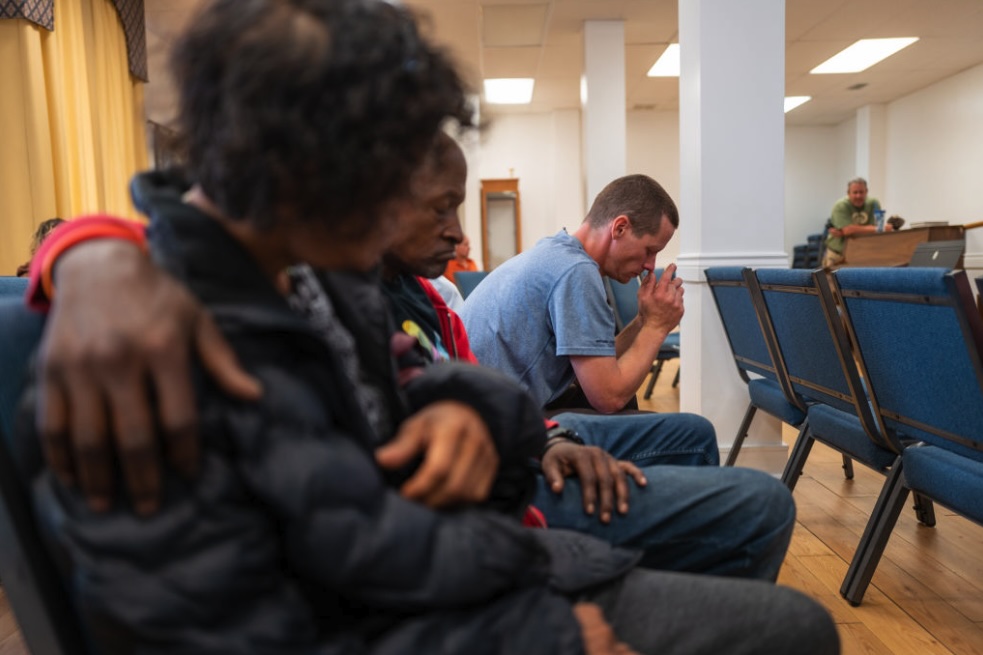Medicaid Cuts Threaten Rural Mental Health Care

The Impact of Medicaid Cuts on Mental Health Care in Rural America
Medicaid plays a crucial role in providing mental health care across the United States, particularly in rural areas where access to services is already limited. As the largest public insurance program for mental health care, it supports millions of low-income individuals, many of whom live in remote communities that lack sufficient healthcare infrastructure.
However, recent changes in federal legislation have introduced significant cuts to Medicaid funding, raising concerns among experts about the worsening mental health disparities in rural regions. These changes could lead to more people losing coverage and an increase in out-of-pocket costs for essential mental health services. For those in rural areas, this means not only higher financial burdens but also longer travel distances to seek care, which may result in patients avoiding treatment altogether.
Ron Manderscheid, former executive director of the National Association of County Behavioral Health and Developmental Disability Directors, highlights the current challenges faced by rural communities. He notes that even before any cuts, mental health services in these areas are often inconsistent or entirely absent. “In many communities, there’s literally no care,” he said. This lack of access is compounded by the fact that many residents cannot afford the cost of care, creating a cycle of untreated mental health conditions.
Rural communities also face a higher risk of suicide compared to urban areas, with rates nearly doubling over the past two decades. The shortage of mental health professionals in these regions makes them especially vulnerable to the effects of policy changes. Paul Mackie, assistant director of the Center for Rural Behavioral Health at Minnesota State University, Mankato, emphasizes that rural hospitals often serve as the primary source of behavioral health care. An analysis suggests that nearly 380 rural hospitals could be at risk of closure due to the new funding reductions.
The changes in the tax and spending bill also impact states that expanded Medicaid under the Affordable Care Act. For example, Minnesota saw a significant increase in Medicaid coverage, but now faces a reduction in federal matching funds. The law reduces the federal government's 90% match for expansion enrollees to between 50% and 74%. Additionally, states must reevaluate eligibility for millions of Medicaid recipients twice a year, and some individuals will need to prove work history to maintain coverage. While exceptions exist for those with severe medical conditions, including mental disorders, the process for qualifying remains unclear, according to a report by KFF.
Dr. Heidi Alvey, an emergency and critical care medicine physician in Indiana, warns that these requirements could be counterproductive. “You can’t work when your mental illness is not treated,” she said. Alvey worked at a hospital in Texas that became the only access point for people from surrounding rural areas. Many of her patients had serious untreated mental health conditions and had to wait days or weeks in the emergency department for care. She fears that Medicaid cuts will only exacerbate these issues.
Jamie Freeny, director of the Center for School Behavioral Health at Mental Health America of Greater Houston, expresses concern for the families she serves. Her organization works with school districts across Texas, including many in rural areas. She recalls a child whose family had to drive to another county for behavioral health care, but lost coverage after pandemic provisions ended. The child stopped taking medication and eventually dropped out of school. “The catalyst for that was a lack of Medicaid. That’s just one family. Now, you’re multiplying that,” she said.
Dr. Ian Bennett, a family medicine physician in California, sees the impact of Medicaid cuts on his patients at the Vallejo Family Health Services Center. The clinic serves rural farm communities and provides both primary and mental health care. If patients lose Medicaid coverage, the clinic may struggle financially, potentially leading to closures. “The folks who are having the most difficulty managing their lives — and that’s made worse by having depression or substance use disorder — are going to be the folks most likely to drop off,” Bennett said.
Joseph “Chip” Johnston, executive director of the Centra Wellness Network in Michigan, describes the scarcity of psychiatric care in rural western lower peninsula communities. He used to have psychiatric units close by, but they have all closed. “The closest [psychiatric bed] for a child, for example, is at least two hours away,” he said. Inpatient psychiatric care is also expensive, with costs ranging from $1,000 to $1,500 per night.
These challenges underscore the urgent need for policies that support mental health care in rural America. Without adequate resources and access, the long-term consequences for individuals and society will be severe.
Post a Comment for "Medicaid Cuts Threaten Rural Mental Health Care"
Post a Comment